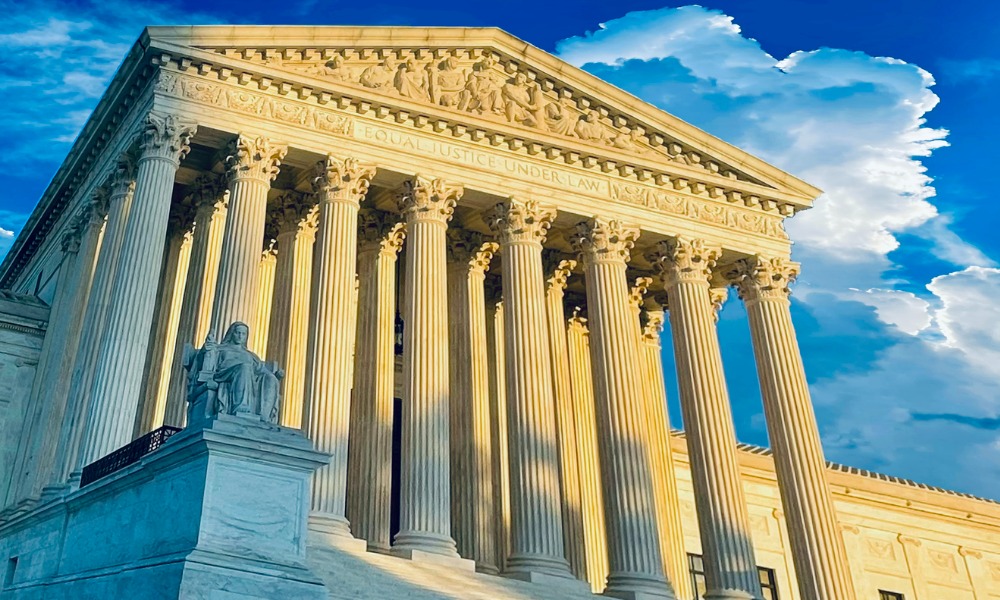
McDonald's told to revisit policies to avoid potential lawsuits, investigations, regulatory actions

An Ohio-based asset management firm has cautioned McDonald’s about its pursuit of diversity, equity and inclusion in the workplace – claiming that these policies could lead to legal actions against the company, especially after a recent Supreme Court ruling.
In a letter addressed to McDonald's CEO and Chairman of the Board, Strive noted three key issues:
DEI strategies are struggling to make an impact for many organizations in the tech sector — and continuing economic uncertainties are forcing employers to cut back on their DEI initiatives, according to a previous report
Just before June ended, the U.S. Supreme Court, in two separate decisions, held that college admission policies at Harvard College and the University of North Carolina (UNC) that included race as a factor were unconstitutional and unlawful under the Equal Protection Clause of the Fourteenth Amendment, according to Investopedia.
The decisions effectively ended the practice of affirmative action – a policy aimed at increasing workplace and educational opportunities for people who are underrepresented in various areas of our society.
"Prior to the Fair Admissions decision, many workplace DEI (Diversity, Equity, and Inclusion) programs were legally dubious. The ruling now confirms that those programs run afoul of the Constitution as well as discrete state and federal laws,” said Justin Danhof, Strive head of corporate governance, in the letter.
“McDonald's internal hiring quotas and diversity proscriptions for suppliers exemplifies how the fast-food giant impermissibly divides people by race in precisely the way that the Supreme Court just struck down. To comply with the law and safeguard shareholders from costly litigation, McDonald’s should swiftly eliminate these programs.”
Hiring diversly isn’t just the right thing to do, it’s sheer business sense, according to Daisy Auger-Dominguez, chief people officer at VICE Media Group, in talking to HRD.
Legal precedents that allowed race-conscious admissions at colleges and universities have been a “fig leaf” for the private sector’s diversity initiatives, Will Hild, executive director of Consumers’ Research, a right-wing advocacy group, said in a report from The Washington Post.
“Once that goes away,” he said, “it is going to be a free-for-all on pushing back against that.”
Linda Chavez, chairman of conservative think tank Center for Equal Opportunity, also thinks the Supreme Court ruling would have an impact on DEI strategies in the private sector.
“I do believe that it will have an effect. I think you will see groups like ours looking closely to ensure that employers are not giving race undue influence in decisions about whom to hire or to promote,” she said.
McDonald’s, Hershey, Alaska Airlines, Anheuser-Busch and Nordstrom have all been targets of complaints claiming their diversity initiatives are discriminatory, according to The Washington Post’s report.